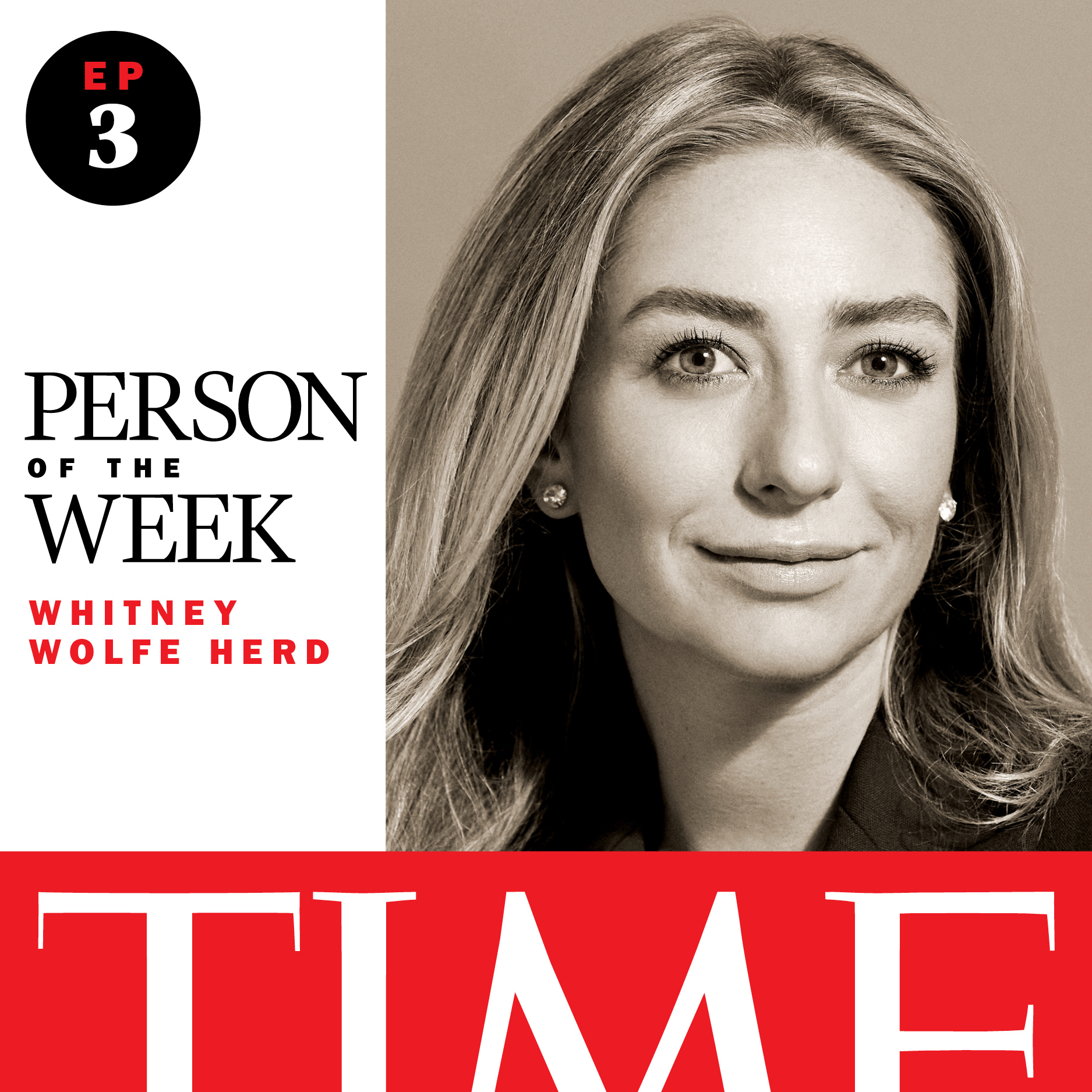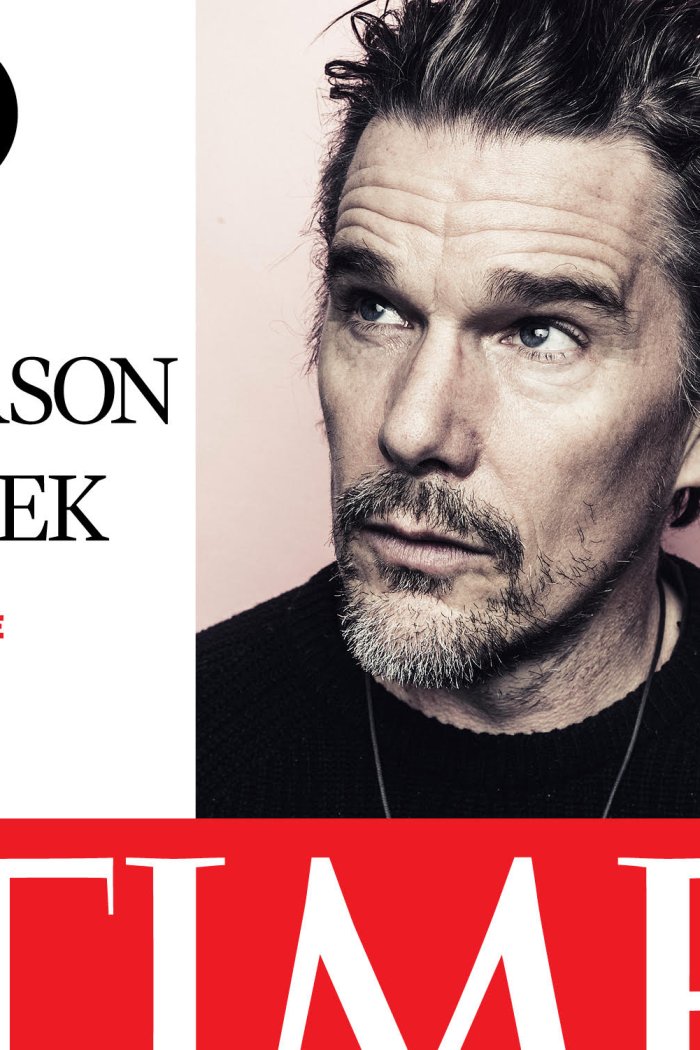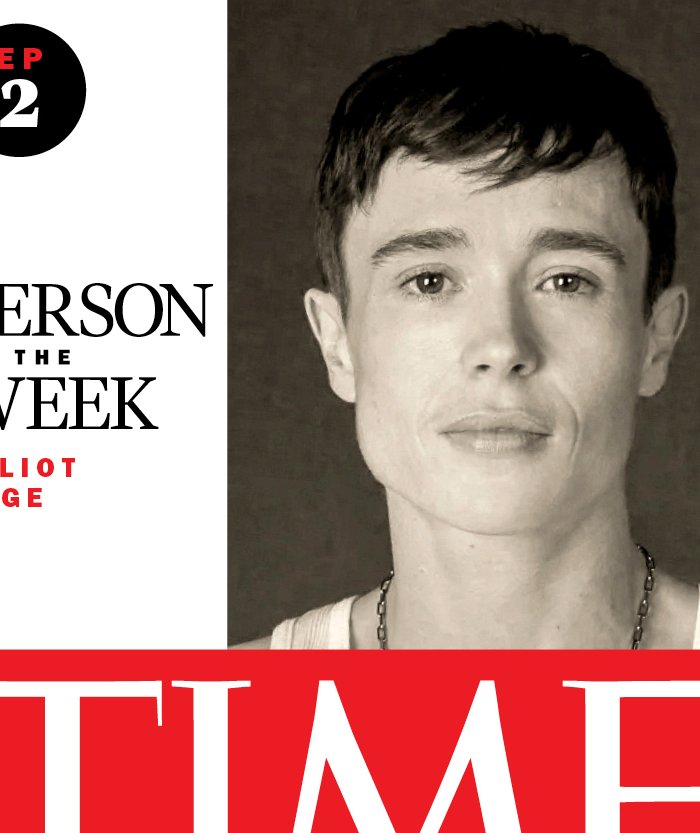I first interviewed Whitney Wolfe Herd in 2015, back when she was just Whitney Wolfe, a 25 year old who had recently started a little company called Bumble. For those of you who aren’t on dating apps, Bumble lets you swipe left or right on a picture of a potential match—except in the beginning, only women could make the first move. Since its founding, Bumble has expanded from a dating platform into a way to find everyone from friends to mentors, with strict rules to prevent harassment. Wolfe Herd once described it to me as “Facebook, but for people who don’t know each other yet.”
Read More: How Whitney Wolfe Hurd Turned a Vision of a Better Internet Into a Billion-Dollar Brand
In 2021, Wolfe Herd became the youngest woman ever to take a company public. And she’s now one of the only women running a major tech company that she founded herself. The tech world is full of stories of male founders who seem indifferent to the consequences of what happens on their platforms. But Wolfe Herd seems to want to take real responsibility for how people behave on her app. And that has big implications for how we all treat each other—online and off.
We talked about the relationship between tech and loneliness, the demise of the so-called girl boss, plus: is she thinking about a future in politics?
On how tech contributes to the loneliness epidemic:
Community and connection are the foundation of our existence, and loneliness is killing us. So many of these other problems that we’re seeing throughout our society is a huge derivative of loneliness and disconnection… And it is lonely being in my business position. It is. I don’t have a lot of people to call. I don’t have a lot of people to lean on, and not a lot of people can relate to the day-to-day swings. Um, so that feels super lonely. Um, I feel lonely a lot and I think it’s actually good to feel lonely for me because I can empathize with our customer….
Go look at how the majority of these social products are incentivized. How do they make money? How do we get you to click on stuff? … If they need to make money through clicks, through time in app, well then something’s gotta give. And the thing that unfortunately has had to give is health, wellness, sanity, ethics.
We have taken a different approach. Our business is only successful if we lose a customer. Our value is in getting you off of our app and meeting in real life. So if technology created loneliness, how can technology end it?
On the decline of the girl bosses who founded companies in the 2010s:
It makes my soul, like, shatter. When we say I’m the last one standing of this group of women that worked their entire twenties or thirties, whatever it was, and broke through barriers that had never been broken through before, they had raised capital that was unheard of. And they had hired and scaled teams that was history making, yet look what we did to them. Look what we did to them. They’re gone.
I’m not saying they’re all perfect. Maybe some of them did make mistakes, but guess what? People make mistakes. Men survive and women don’t.
It makes me so sad that every woman that has made it somewhere, it’s not a happy ending. It’s like their company was taken away. They got pushed out. They got kicked out, and did some of them deserve it? I mean, people doing bad things deserve consequences, man, woman or otherwise. Right? But I think a lot of them were really treated unfairly. I think they were up against impossible standards, if that makes sense. And the forgiveness threshold was incredibly different for them than it was for a lot of our male counterparts…
So I’m certainly not saying like, oh, we should forgive someone because they’re a woman. But I don’t think we should be proud that there’s a bunch of young women out there saying, quote unquote, “the girl boss era’s dead, we don’t wanna start companies.”
On her response to the Dobbs decision, as an Austin-based CEO:
I think it’s horrifying. So horrifying that I literally was like, do I need to run for governor of this state to go fix this? I can’t, I mean, there’s no way… I can barely function. First of all, no one would vote for me. But I think that it is so horrifying that I just want to do something to fix it. I want to do something to fix it, and I want to support women that are struggling with the near term circumstances of this.
I haven’t given it actual real thought. I just, I’m the type of person that I want to fix something. Look what my career has been made of: problem, solution, problem, solution. And if it’s not me, then who’s gonna go do it? And that’s the way I’ve always looked at it. It’s like, unless there’s someone else I can point to that’s doing it… I think there’s a lot of people that are very intelligent and very experienced that should run before I do. Much better suited folks on a series of fronts. I don’t have enough experience in that category, but candidly, like if no one else does it, I’m gonna do it because someone needs to go and change this. We have to. We certainly cannot just sit and accept this, right?
If someone told me, “You can win and you can get in there and you can fix this very horrible situation for women,” would I do it? Yes. But I probably have bigger impact just running my business.
These excerpts have been edited and condensed for clarity.
- Cybersecurity Experts Are Sounding the Alarm on DOGE
- Meet the 2025 Women of the Year
- The Harsh Truth About Disability Inclusion
- Why Do More Young Adults Have Cancer?
- Colman Domingo Leads With Radical Love
- How to Get Better at Doing Things Alone
- Michelle Zauner Stares Down the Darkness


